BAGHDAD (AP) – Along the Tigris River, young Iraqi men and women in jeans and sneakers danced with joyous abandon on a recent evening to a local rapper as the sun set behind them. It’s a world away from the terror that followed the United States (US) invasion 20 years ago.
Iraq’s capital is full of life, its residents enjoying a rare peaceful interlude in a painful modern history. The city’s open-air book market is crammed with shoppers. Affluent young men cruise muscle cars. A few glitzy buildings sparkle where bombs once fell.
President George W Bush called the US-led invasion launched March 20, 2003, a mission to free the Iraqi people. It threw out a dictator whose rule kept 20 million people in fear for a quarter-century. But it also broke a unified state in the heart of the Arab world. About 300,000 Iraqis were killed between 2003 and 2023, along with more than 8,000 US military, contractors and civilians.
Half of today’s population isn’t old enough to remember life under Saddam Hussein. In interviews from Baghdad to Fallujah, young Iraqis deplored the chaos that followed Saddam’s ouster, but many were hopeful about nascent freedoms and opportunities.
In a chandeliered reception room, President Abdul Latif Rashid, who assumed office in October, spoke glowingly of Iraq’s prospects.
Perception of Iraq as a war-torn country is frozen in time, he told The Associated Press: Iraq is rich; peace has returned.
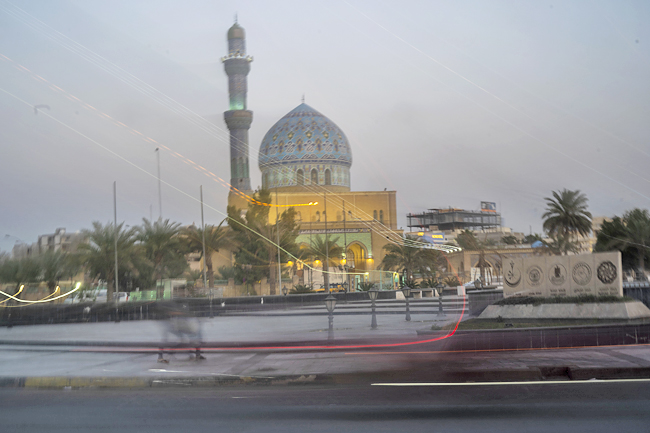
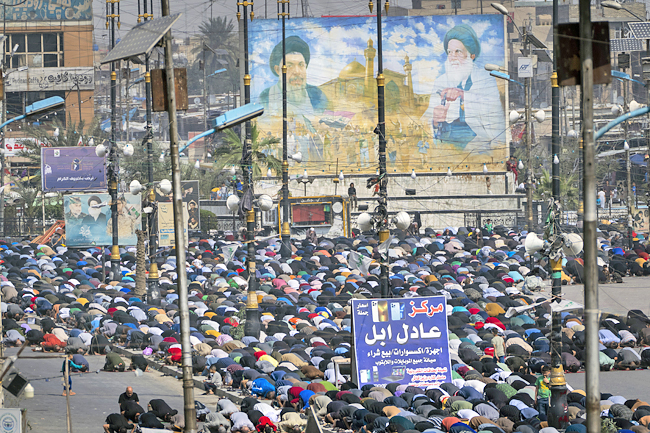
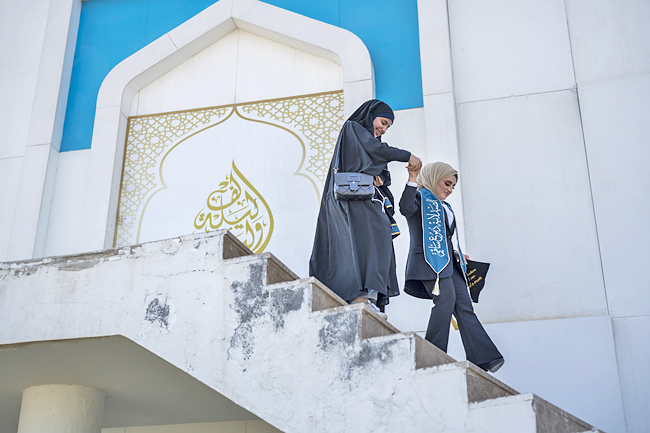
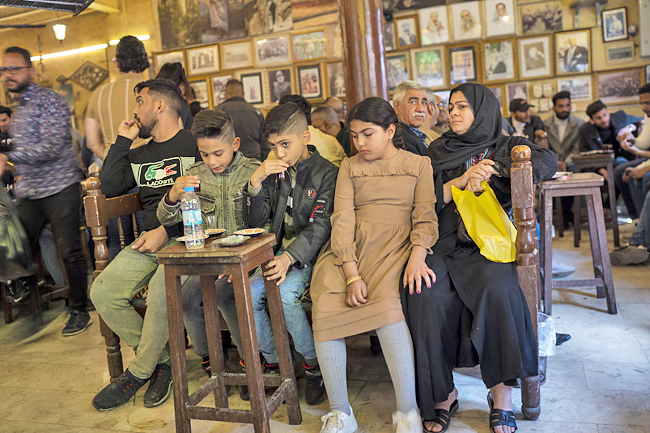
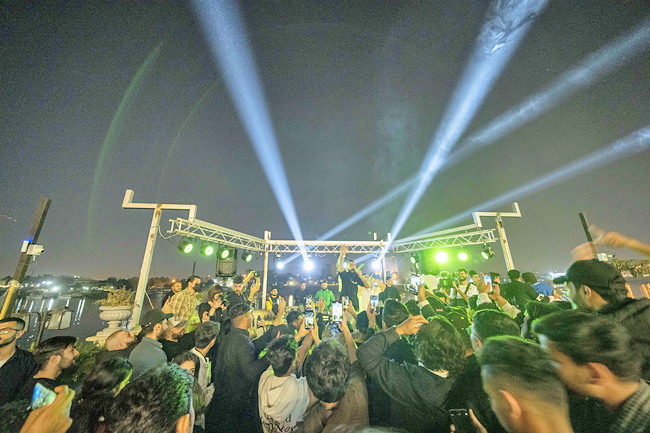
If young people are “a little bit patient, I think life will improve drastically in Iraq”.
Most Iraqis aren’t nearly as bullish. Conversations start with bitterness about how the US left Iraq in tatters. But speaking to younger Iraqis, one senses a generation ready to turn a page.
Safaa Rashid, 26, is a writer who talks politics with friends at a coffee shop in Baghdad’s Karada district.
After the invasion, Iraq lay broken, violence reigning, he said. Today is different; he and like-minded peers freely talk about solutions. “I think the young people will try to fix this situation.”
Noor Alhuda Saad, 26, a PhD candidate and political activist, said her generation has been leading protests decrying corruption, demanding services and seeking inclusive elections – and they won’t stop until they’ve built a better Iraq.
Blast walls have given way to billboards, restaurants, cafes, shopping centers. With seven million inhabitants, Baghdad is the Middle East’s second-largest city; streets teem with commerce.
In northern and western Iraq, there are occasional clashes with remnants of the Islamic State (IS) group. It’s but one of Iraq’s lingering problems. Another is corruption; a 2022 audit found a network of former officials and businessmen stole USD2.5 billion.
In 2019-20, young people protested against corruption and lack of services. After 600 were killed by government forces and militias, Parliament agreed to election changes to allow more groups to share power.
The sun bakes down on Fallujah, the main city of the Anbar region – once a hotbed of activity for al-Qaeda of Iraq and, later, the IS group. Beneath the girders of the city’s bridge across the Euphrates, three 18-year-olds return home from school for lunch.
In 2004, this bridge was the site of a gruesome tableau. Four Americans from military contractor Blackwater were ambushed, their bodies dragged through the street and hung.
For the 18-year-olds, it’s a story they’ve heard from families – irrelevant to their lives.
One wants to be a pilot, two aspire to be doctors. Their focus is on good grades.
Fallujah gleams with apartments, hospitals, amusement parks, a promenade. But officials were wary of letting Western reporters wander unescorted, a sign of lingering uncertainty.
“We lost a lot – whole families,” said Dr Huthifa Alissawi, a mosque leader recalling the war years.
These days, he enjoys the security: “If it stays like now, it is perfect.”
Sadr City, a working-class suburb in eastern Baghdad, is home to more than 1.5 million people.
On a pollution-choked avenue, two friends have side-by-side shops. Haider al-Saady, 28, fixes tires. Ali al-Mummadwi, 22, sells lumber.
They scoff when told of the Iraqi president’s promises that life will be better.
“It is all talk,” al-Saady said.
His companion agrees: “Saddam was a dictator, but the people were living better, peacefully.”
Khalifa OG raps about difficulties of life and satirises authority, but isn’t blatantly political.
A song he performed next to the Tigris mocks “sheikhs” wielding power in the new Iraq through wealth or connections.
Abdullah Rubaie, 24, could barely contain his excitement. “Peace for sure makes it easier” for parties like this, he said. His stepbrother Ahmed Rubaie, 30, agreed.
“We had a lot of pain… it had to stop,” Ahmed Rubaie said. These young people say sectarian hatred is a thing of the past. They’re unafraid to make their voices heard.
Mohammed Zuad Khaman, 18, toils in his family’s café in a poor Baghdad neighbourhood.
He resents the militias’ hold on power as an obstacle to his sports career. Khaman’s a footballer, but said he can’t play in Baghdad’s amateur clubs – he has no “in” with militia-related gangs.
“If only I could get to London, I would have a different life.”
The new Iraq offers more promise for educated young Iraqis like Muammel Sharba, 38.
A lecturer at Middle Technical University in once violence-torn Baquba, Sharba left Iraq for Hungary to earn a PhD on an Iraqi scholarship.
He returned last year, planning to fulfil obligations to his university and then move back to Hungary.
Sharba became an biker in Hungary but never imagined he could pursue his passion at home.
Now, he’s found a cycling community. He notices better technology and less bureaucracy, too.
So he plans to remain.
“I don’t think European countries were always as they are now,” he said. “I believe that we need to go through these steps, too.”





